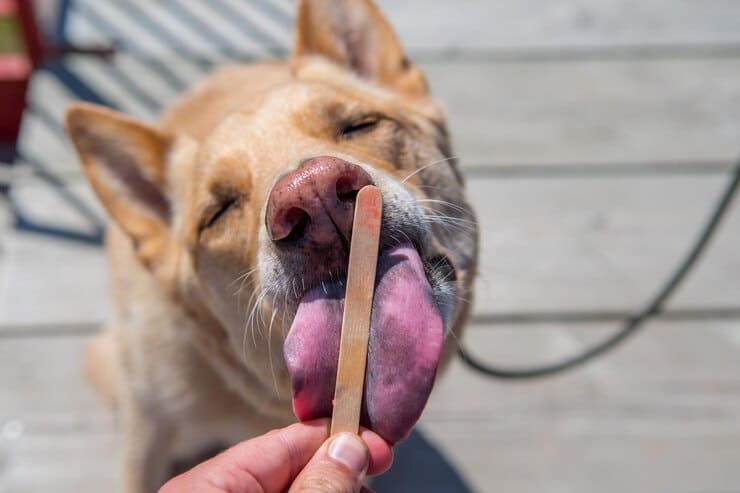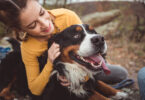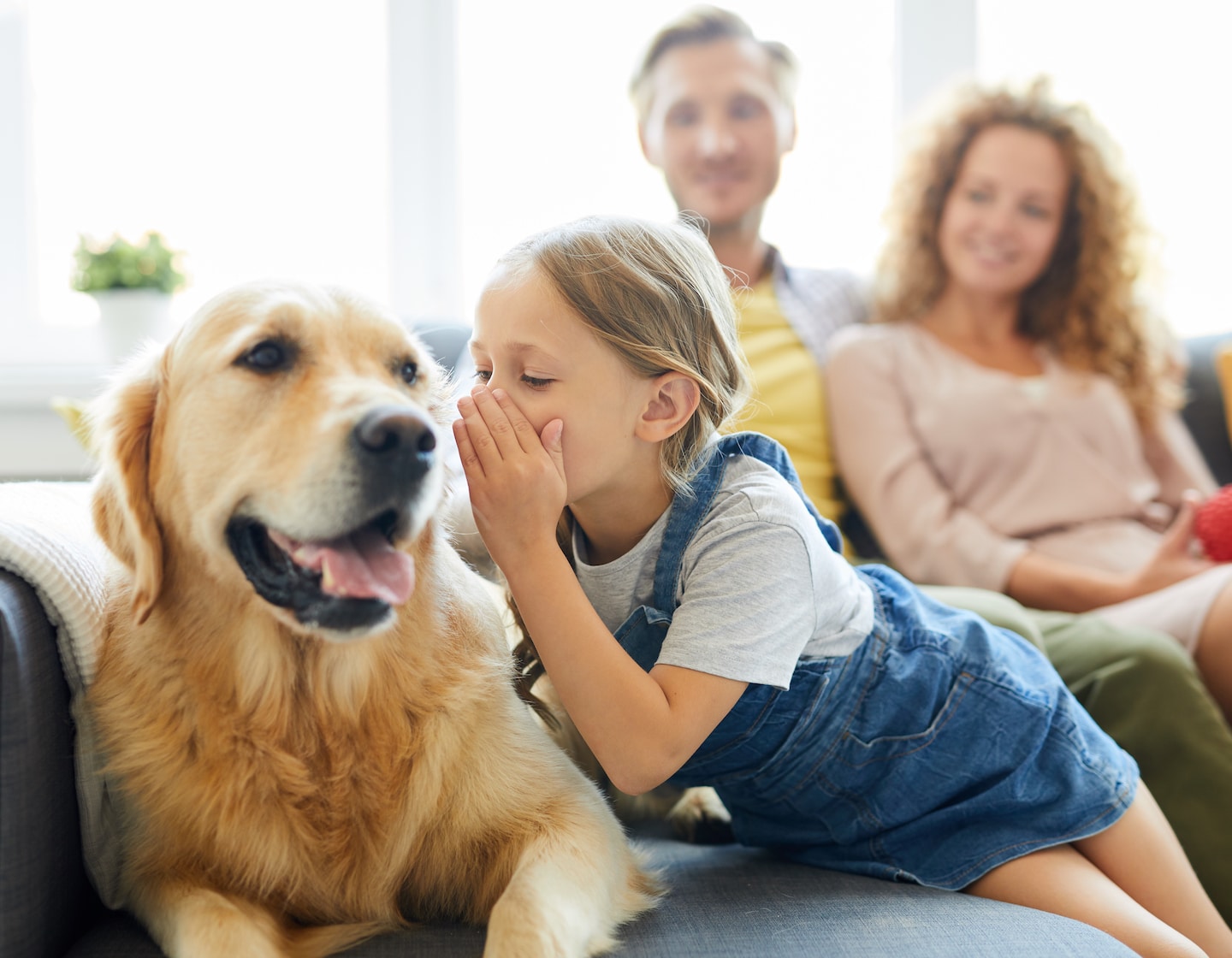Dogs have been humanity’s loyal companions for centuries, yet their actions often leave us puzzled. From chasing their tails to barking at nothing, these behaviors can seem baffling. Understanding these “weird dog behaviors” can deepen the bond between you and your furry friend. Let’s dive into ten peculiar dog habits and what they truly mean.
1. Chasing Their Tails
Why Do Dogs Chase Their Tails?
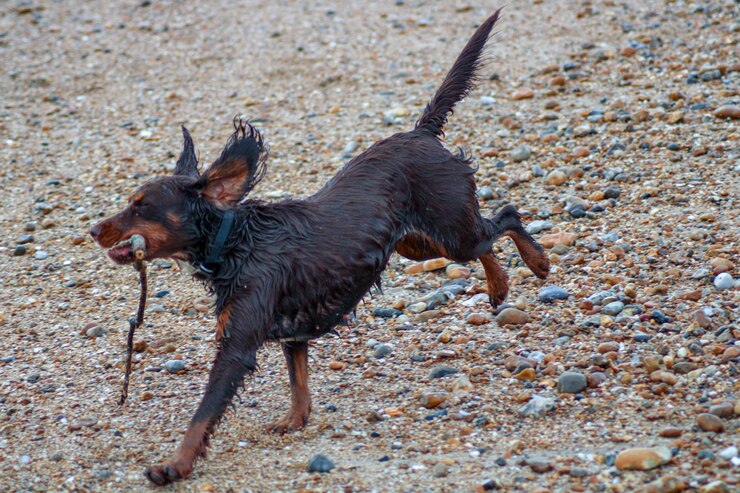
Tail-chasing is one of the most amusing yet strange dog behaviors. Dogs might chase their tails for various reasons, including boredom, curiosity, or even anxiety. Puppies often engage in this activity as they discover their bodies. However, excessive tail-chasing can indicate underlying issues like compulsive disorders or flea infestations.
What Can You Do About It?
If your dog frequently chases its tail, observe the context. Ensure they are physically and mentally stimulated through play and exercise. Consult a veterinarian if the behavior persists or appears obsessive, as it might require medical or behavioral intervention.
2. Barking at Nothing
Is It Really “Nothing”?
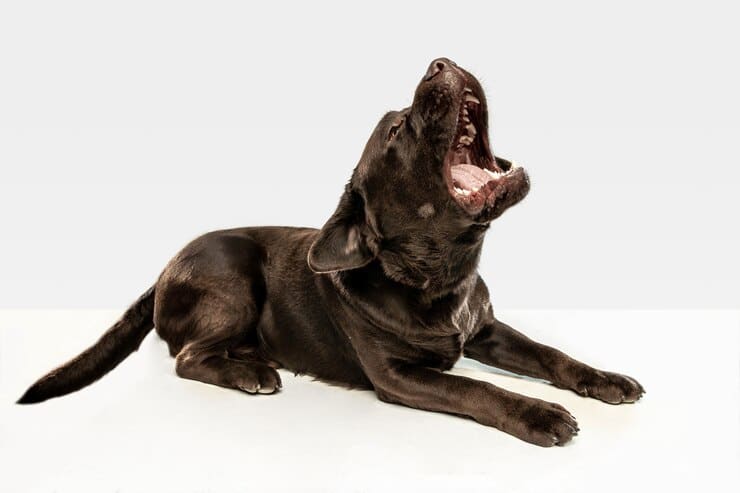
When dogs bark seemingly at nothing, it can be perplexing. However, their heightened senses might detect sounds or smells undetectable to humans. Sometimes, this behavior stems from boredom or seeking attention.
Addressing the Barking
To manage this behavior, ensure your dog’s environment is enriching and free from stress. Training and consistent commands like “quiet” can also help curb excessive barking. If barking persists, consult a professional trainer or behaviorist.
3. Eating Grass
Why Do Dogs Eat Grass?
Many dog owners are baffled when their pets munch on grass. While it’s commonly believed that dogs eat grass to induce vomiting, the exact reason remains unclear. Some theories suggest it’s due to boredom, nutritional deficiencies, or simply liking the texture.
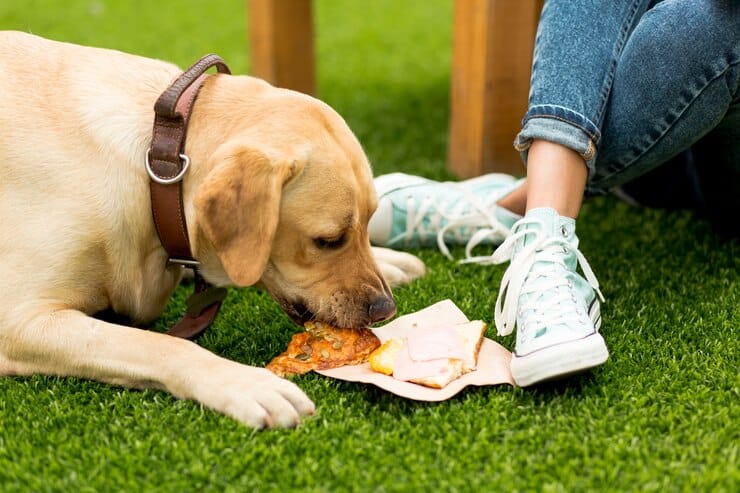
Should You Be Concerned?
Occasional grass-eating is usually harmless. However, if your dog frequently eats grass and vomits, it’s time to evaluate their diet or consult a veterinarian to rule out gastrointestinal issues.
4. Spinning Before Lying Down
The Origins of Spinning
Spinning in circles before lying down is an age-old behavior rooted in canine ancestry. Wild dogs would spin to flatten grass or leaves, creating a comfortable and secure spot to rest.
Is It Normal?
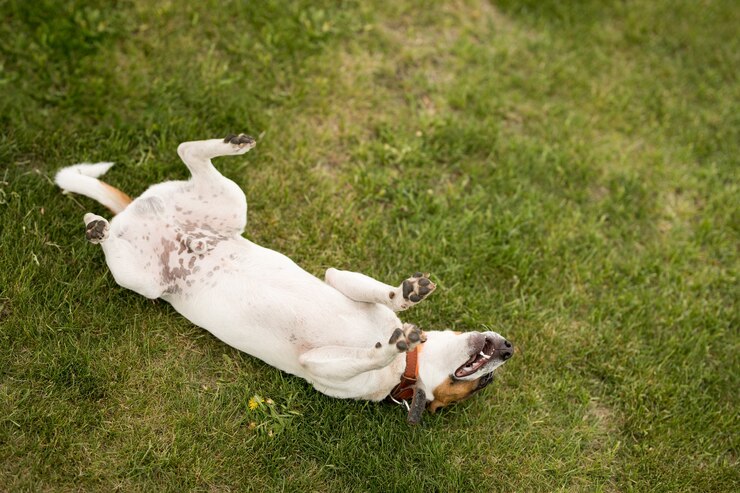
Yes, it’s entirely normal. If your dog’s spinning seems excessive or obsessive, it could indicate underlying health issues like arthritis or neurological problems. Monitoring their behavior can help determine if veterinary care is necessary.
5. Tilting Their Heads
What’s Behind the Head Tilt?
Few things are as adorable as a dog tilting its head. This behavior often signifies curiosity or attention. Dogs might tilt their heads to better understand sounds or gauge your facial expressions.

Encouraging Healthy Communication
Head-tilting is generally a positive sign. If accompanied by signs of discomfort or ear scratching, it could indicate ear infections or hearing issues that need veterinary attention.
6. Digging in Unusual Places
Why Do Dogs Dig?
Digging is another weird dog behavior with ancestral roots. Dogs might dig to hide food, create a cool resting spot, or out of sheer boredom. In some cases, it’s a response to anxiety or excessive energy.
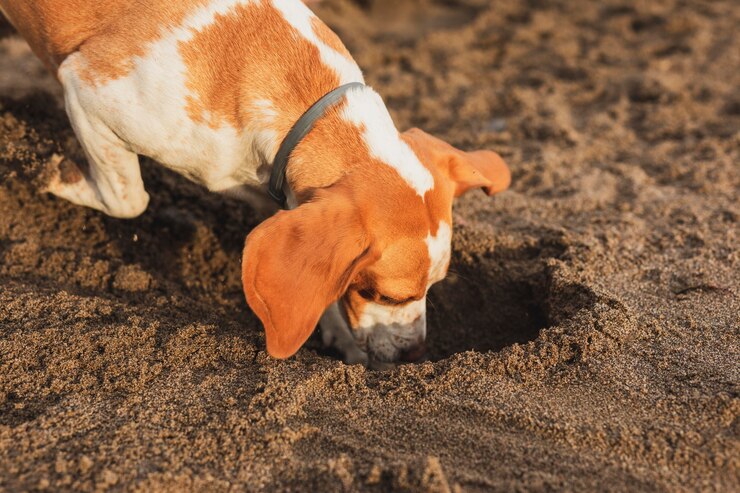
How to Manage Digging
Provide your dog with designated digging areas or toys to redirect this behavior. Regular exercise and mental stimulation can reduce excessive digging caused by boredom or pent-up energy.
7. Walking in Their Sleep
Can Dogs Dream?
Just like humans, dogs experience REM sleep, during which they might dream. Twitching, paddling, or walking in their sleep is typically a sign that your dog is dreaming of activities like running or playing.
When to Be Concerned
Sleepwalking behaviors are usually harmless. However, if your dog displays violent or disruptive movements during sleep, consult a vet to rule out conditions like seizures or other neurological issues.
8. Licking Everything
The Obsession with Licking
From floors to furniture, excessive licking is a common but weird dog behavior. Dogs lick as a form of exploration, to show affection, or to self-soothe. In some cases, it might indicate allergies or gastrointestinal issues.
Managing Excessive Licking
Redirect your dog’s licking behavior with toys or activities. If licking persists or targets specific areas of their body, consult a vet to check for potential medical issues.
9. Staring at You Intently
Why Does Your Dog Stare?
An intense stare from your dog can be endearing or unsettling. This behavior is often a sign of love, attention-seeking, or waiting for cues. Dogs also stare to read human emotions and strengthen their bond with you.
Building a Positive Connection
Encourage this behavior with positive reinforcement, but ensure it’s not linked to anxiety or stress. Professional training can help address any issues if the staring becomes obsessive.
10. Rolling in Smelly Stuff
The Mystery of Smelly Rolls
Dogs have a knack for rolling in the smelliest things they can find. This odd behavior harks back to their wild ancestors, who used scents to mask their own smell while hunting.
Keeping It Under Control
While it’s natural, it can be frustrating for owners. Regular baths and training commands like “leave it” can help manage this behavior. If it becomes excessive, consider environmental changes or consult a professional trainer.
Final Thoughts
Weird dog behaviors may seem baffling, but they’re often rooted in instinct or a response to their environment. By understanding these actions, you can strengthen your relationship with your furry friend and ensure their health and happiness. Always observe your dog’s habits closely and consult professionals when needed to address any concerns.
Understanding and addressing these weird dog behaviors can turn confusion into connection, ensuring your furry companion remains happy and well-adjusted. Whether it’s tail-chasing or staring contests, every behavior has a story to tell. With patience and care, you can decode your dog’s quirks and build an even stronger bond.
